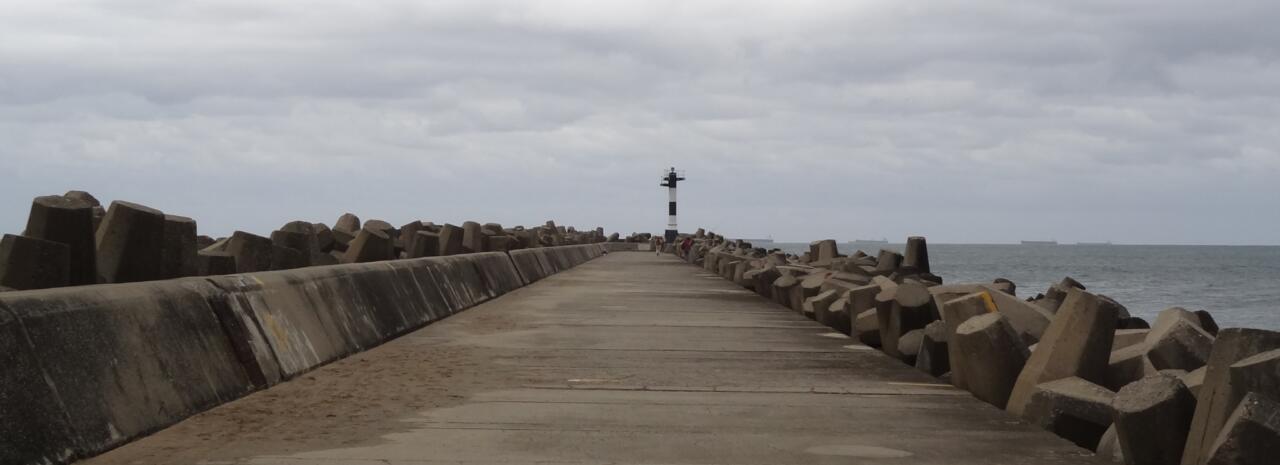
Feasibility of recycling water for KZN coastal city
The City of uMhlathuze (CoU) is a key economic hub in the province of KwaZulu-Natal, with a population of about 400 000 people. The city is the home to established large heavy-industrial concerns that drive the regional economy.
It also houses the port of Richards Bay and has been identified as being “one of the world’s leading bulk ports, handling in excess of 80 million tonnes annually, representing approximately 60% of South Africa’s seaborne cargo”. The CoU is an important centre within regional and national contexts.
As a large and growing economic centre, the CoU depends on an adequate supply of water. An inadequate supply would inhibit growth and development, with serious negative socio-economic consequences for the region and the country.
The uMhlathuze Wastewater Project is key in an attempt to ensure a sustainable water supply. The uMhlathuze Wastewater Project involves a feasibility study for a wastewater and associate by-products re-use facility for the CoU. The study will specifically explore the viability of procuring a public-private partnership (PPP) as the delivery mechanism for this re-use of treated wastewater facility.
A further objective is to assist the CoU secure such a PPP. Genesis Analytics is the lead financial-transaction adviser in a consortium led by UWP Consulting. Genesis will oversee and execute the undertakings of the financial workstream that will determine the affordability and bankability of the preferred technical solution and service-delivery option. Genesis will also assess whether the preferred solution provides value for money (VfM) to the city.
The project presented various challenges that required a high level of problem solving. One of the key challenges was determining a cost-reflective water tariff that could be used to benchmark against the current potable water tariff. The difference between the calculated tariff and the benchmarked tariff was determined to establish the possible unitary payment the CoU would have to pay if the project progressed as an PPP. This unitary payment was a vital input in the VfM assessment that was fundamental to the feasibility study.
If the study is approved by national treasury, the project will start the procurement stage.